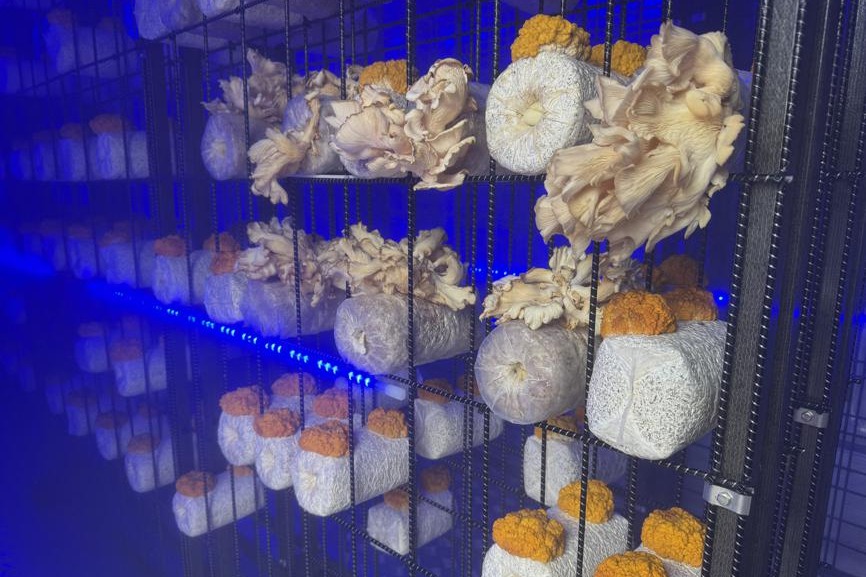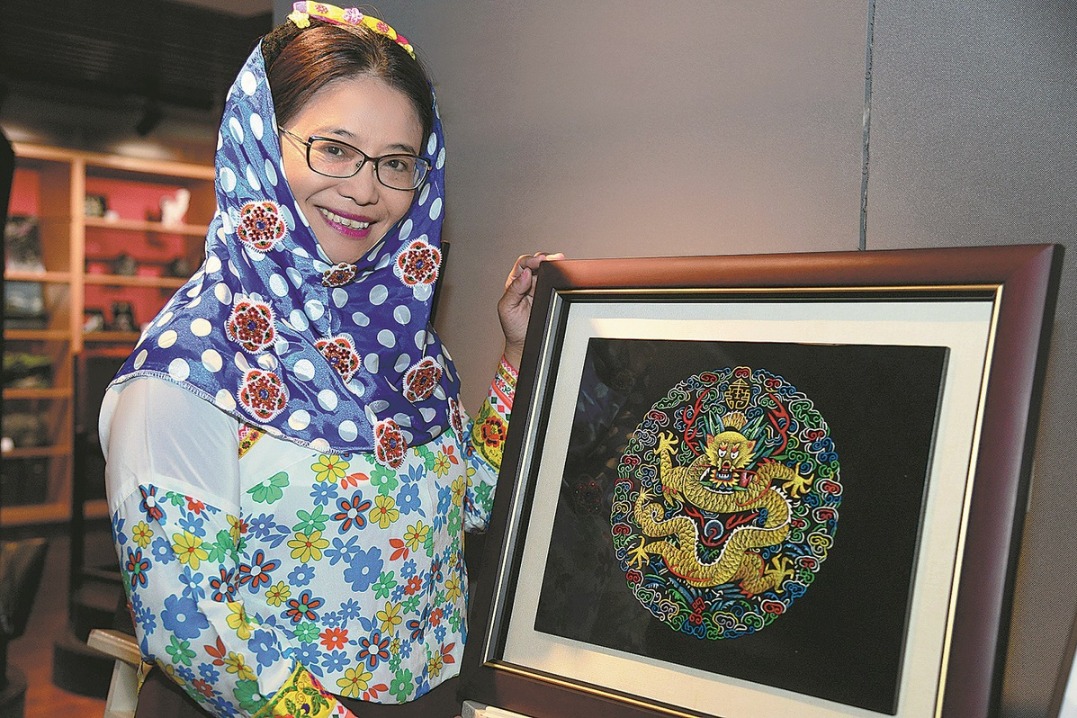New material allows deaf-mutes to speak


A PhD student at Tsinghua University who created a sensation four years ago through his groundbreaking scientific research that allows deaf-mute people to speak normally, has continued with his work in Chongqing.
Tao Luqi, who was born in Weihai, Shandong province, in 1990, is deputy director of the Chongqing Collaborative Innovation Center for Energy Internet and Intelligent Equipment and a research fellow at Chongqing University's School of Electrical Engineering.
In 2017, under the guidance of his doctoral tutor Ren Tianling, a professor of microelectronics at Tsinghua University, Tao used a new material — graphene — to produce an intelligent artificial throat, a smart wearable device that enables people with speaking disabilities to communicate normally.
The device, which contains laser-induced graphene, has sound-sensing abilities. It can detect weak vibrations and can produce sounds in a wide spectrum, from 100Hz to 40kHz using thermoacoustic effects.
"Although the deaf-mute people can't speak, their throats can vibrate," Tao said. "If I put a device made of graphene into the throat of a such a person, it can detect the vibrations and make sounds using electrical signals."
Tao said the device can record and encode whispers, screams and coughs at different frequencies and intensities and arrange them in groups. When the device detects the sounds in a particular group, it will reproduce the words, phrases or sentences.
"But the deaf-mute people need to classify their own language sounds in groups and memorize them, just like typing keys on a keyboard," Tao said.
A research paper on the subject was published in Nature Communications, an international science journal, in 2017. (https://www.nature.com/articles/ncomms14579)
Since he was given a research fellowship at Chongqing University in October 2018, Tao has been studying graphene devices that can sense various environmental information, such as temperature and humidity and converts the information into electrical signals. The results have promising potential for application in the health and medical fields.
"We are planning to study combining artificial intelligence and sensors in the future," Tao said. "We believe tiny mechanical sensors can do a big thing."
- Children experience the fun of making mahua in Chongqing
- More Chinese youth opting to study TCM in college
- Breakthrough device can produce premium helium
- New ward provides care for terminally ill kids
- Artist transforms stones into golden opportunities
- University students find spirit as schools mark war anniversary




































